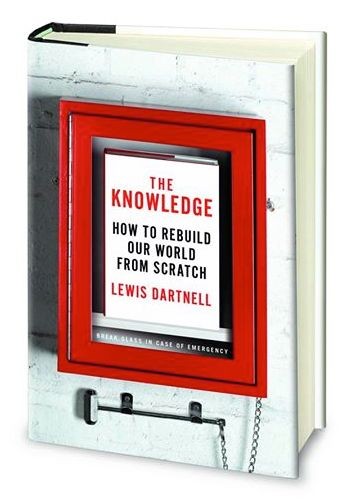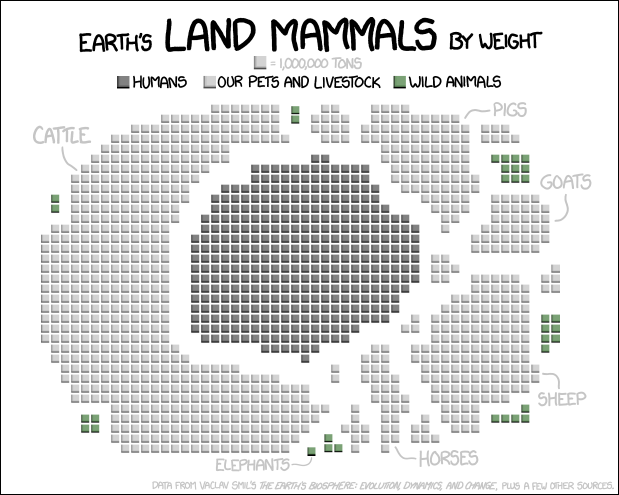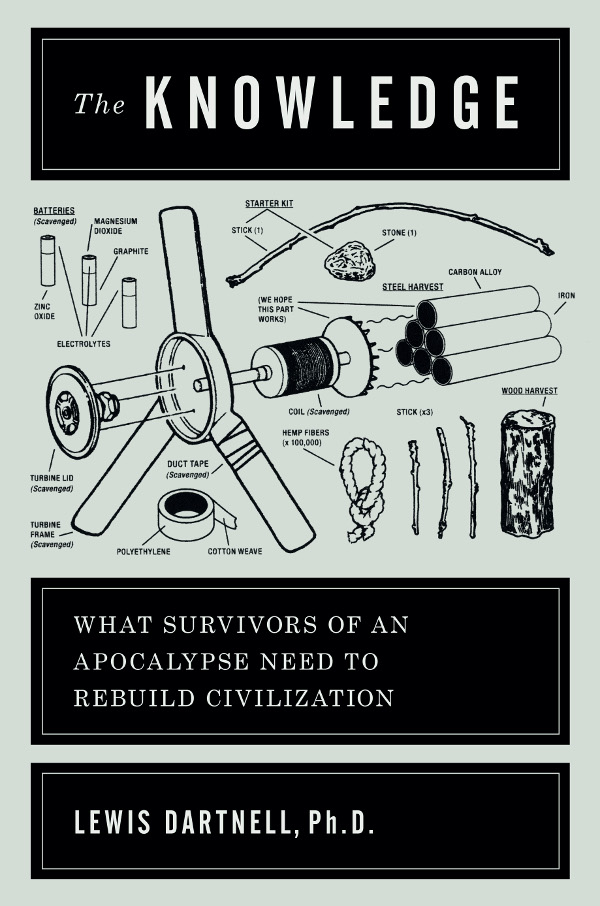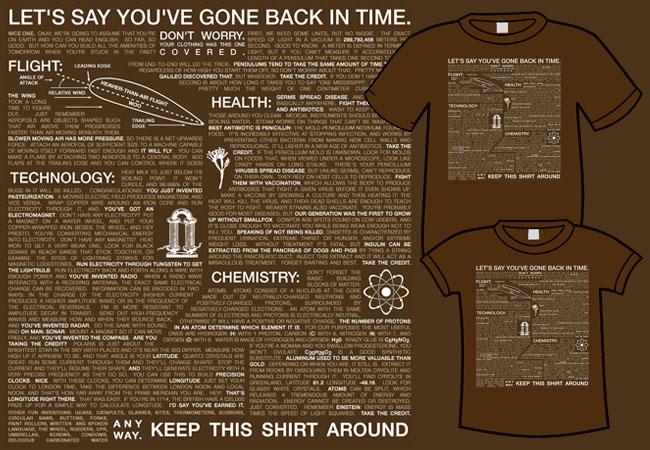 I took part in an event called the End of the World Cabaret in Oxford on 12th December, along with some very talented science communicators including Dr Sarah Bearchell (Facebook page: Sarah’s Adventures in Science).
I took part in an event called the End of the World Cabaret in Oxford on 12th December, along with some very talented science communicators including Dr Sarah Bearchell (Facebook page: Sarah’s Adventures in Science).
Sarah does a lot of outreach work with children. She says, “We do science together. It’s immensely rewarding and often (inadvertently) hilarious.” In preparation for her set at the science cabaret, Sarah asked children “How do you think the world will end?”, and we also circulated a call for help on The Knowledge website. Here’s what Sarah says about the results of this survey. My favourite idea for the end of the world is not an armageddon, but a Monty-Python-inspired footageddon…
“Lots of the children were worried about ebola and other diseases. A global pandemic would certainly cause of societal breakdown. However, the children also came up with other ideas, some based on actual facts, and others not…”
- “The sun will go red and the world will explode.” Girl age 11
- “The world will crumble then explode. People will die and float into space!” Boy age 7
- “Countries will be so busy fighting each other, they won’t notice the end of the world….we might turn back into apes though…” Boy age 8
- “The whole universe would be destroyed and then something new would come in its place and start again.” Girl age 9
- “An evil person will create robots and set off bombs all around the world.” Girl age 6
- “Scientists will invent highly technologically advanced robots which will find out they are smarter than the human race. Then they will destroy us.” Boy age 10
- “Someone will develop a new high-tech version of the internet but it’s so clever it builds an army and wipes out the human race.” Girl age 13
There are some great episodes of Dr Who in there, but I think the most random comment I got was from a seven year old boy who said that “The world will be destroyed by a giant FOOT!”
Dr Sarah Bearchell
Sarah’s Adventures in Science
 Want to read more about the behind-the-scenes fundamentals of how our modern world works, and how you could reboot civilisation if you ever needed to...? Check out The Knowledge - available now in paperback, Kindle and audiobook.
Want to read more about the behind-the-scenes fundamentals of how our modern world works, and how you could reboot civilisation if you ever needed to...? Check out The Knowledge - available now in paperback, Kindle and audiobook.





 I took part in an event called the
I took part in an event called the 
